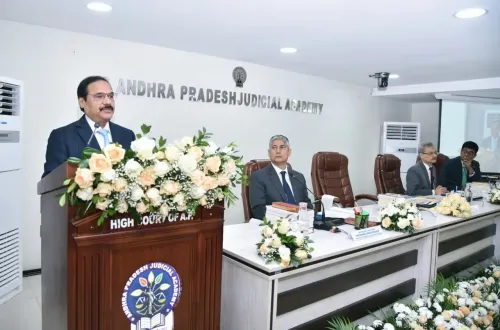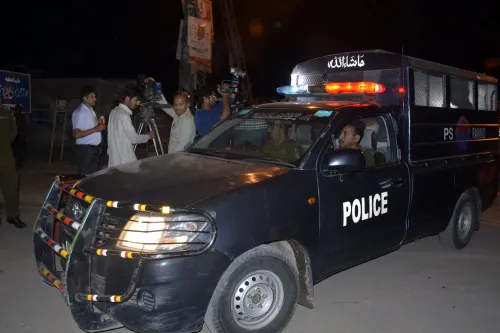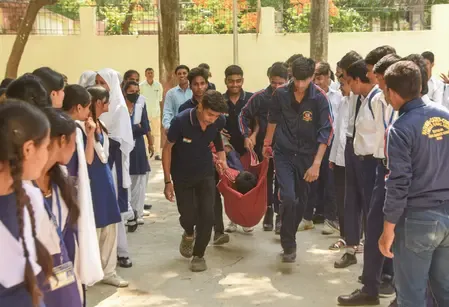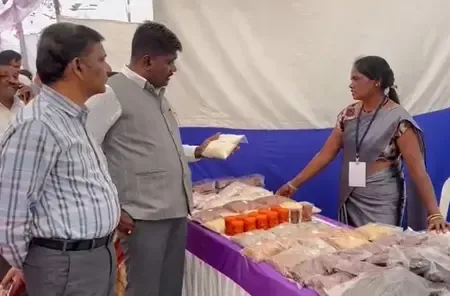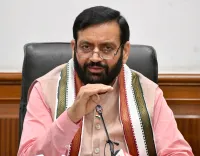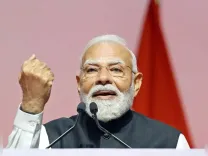Why Did CJI B.R. Gavai Object to Justice Varma Being Called Just ‘Varma’?
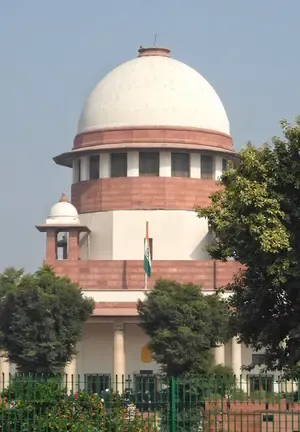
Synopsis
Key Takeaways
- Respect for judicial authority is crucial.
- Allegations against judges necessitate thorough investigations.
- Impeachment proceedings are a serious measure.
- Maintaining decorum can influence judicial proceedings.
- Public trust in the judiciary must be preserved.
New Delhi, July 21 (NationPress) The Chief Justice of India (CJI) B.R. Gavai raised an objection on Monday when an attorney referred to Justice Yashwant Varma, who is currently facing allegations related to cash discoveries in the storage area of his official residence in New Delhi, merely as “Varma”.
“Is he your friend? He remains Justice Varma. Please show some respect! You are addressing a learned judge,” CJI Gavai remarked to attorney Mathews J. Nedumpara, who was seeking an expedited hearing for his third consecutive request for directives to the Delhi Police to file a First Information Report (FIR) regarding the alleged unaccounted cash found at Justice Varma's bungalow.
When the CJI declined to grant any urgent listing, he asked, “Are you asking for the petition to be dismissed immediately?”
“It cannot be dismissed. An FIR must be filed. Presently, it seems Varma is requesting that. An FIR and investigation are necessary,” Nedumpara responded.
This prompted a response from CJI Gavai, who reiterated the need for “some decorum” as Justice Varma remains a judge of the Constitutional Court.
In his petition, attorney Nedumpara, along with his co-petitioners, argued that the Union government—which supervises the Delhi Police—was obliged to mandate the registration of an FIR following the discovery of a substantial sum of burnt cash in the storeroom of Justice Varma’s residence, after the fire brigade responded to a fire there on March 14.
Previously, in May, the Supreme Court refused to entertain a similar plea brought by Nedumpara and other petitioners calling for criminal action against Justice Varma.
“There has been an in-house inquiry report. It has been sent to the President of India and the Prime Minister of India for action. If you are seeking a writ of mandamus, you must first make a representation to those authorities before whom the matter is pending,” a bench led by Justice Abhay S. Oka (now retired) informed Nedumpara, the primary petitioner.
“You should make a representation urging them (the President and the PM) to take action. If they fail to act, then you can return here,” the Bench, which also included Justice Ujjal Bhuyan, added.
During the last week of March, this same Bench had resolved another plea asking for directions to the Delhi Police to register an FIR and conduct a thorough investigation into the cash discovery allegations.
“The in-house inquiry is in progress. If the report indicates wrongdoing, an FIR could be prompted, or the matter could be referred to Parliament. Today is not the appropriate time to discuss (the registration of an FIR),” the highest court had stated at that time.
In the aftermath of the cash discovery incident, which shocked the judicial community, Justice Varma was reassigned to the Allahabad High Court, and an internal investigation was initiated to examine the allegations.
The three-member inquiry committee established by former CJI Justice Khanna deemed the allegations serious enough to warrant impeachment proceedings against Justice Varma.
According to sources, the Union government is preparing to commence removal proceedings against Justice Varma, with an impeachment motion expected to be presented during the forthcoming Monsoon Session of Parliament.
Meanwhile, Justice Varma has submitted a writ petition to the Supreme Court contesting his indictment by the three-member in-house committee, claiming that the committee acted in a “pre-determined manner” and denied him a fair chance to defend himself.


